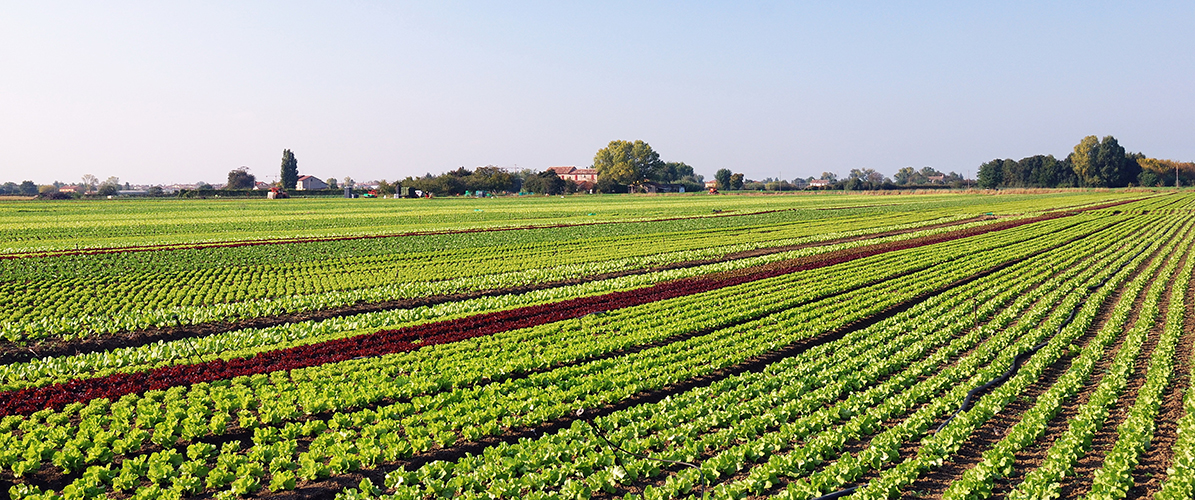ABARES publishes new report on seasonal worker and backpacker productivity
The Australian Bureau of Agricultural and Resource Economics and Sciences (ABARES) has released a report assessing the productivity of working holidaymakers (known commonly as backpackers) and workers from the Seasonal Worker Program (SWP) and the advantages they offer to employers.
Among the key findings from the report was the confirmation that seasonal workers offer higher productivity overall, with their productivity being on average 20 per cent higher than backpackers based on fruit-picking tasks. Combined with the lower rate of staff turnover and the savings from reduced training needs, the report suggests that this higher productivity covers the non-wage labour costs of hiring seasonal workers (like transport and pastoral care requirements), meaning they deliver higher profitability overall.
While noting that backpackers offer the advantage of being accessible at short notice to meet demand in peak periods, the report also states that they require more training and result in higher staff turnover due to their shorter periods of employment.
The study points to scope for further research, including further analysis of worker productivity, costs and outcomes for growers under different labour supply models (like labour hire and contractors, covering both backpackers and seasonal workers as a labour source).
To read the complete summary of the research’s findings or to have a look at the full report, visit the ABARES website.
This post appeared in the AUSVEG Weekly Update published 14 February 2018.

